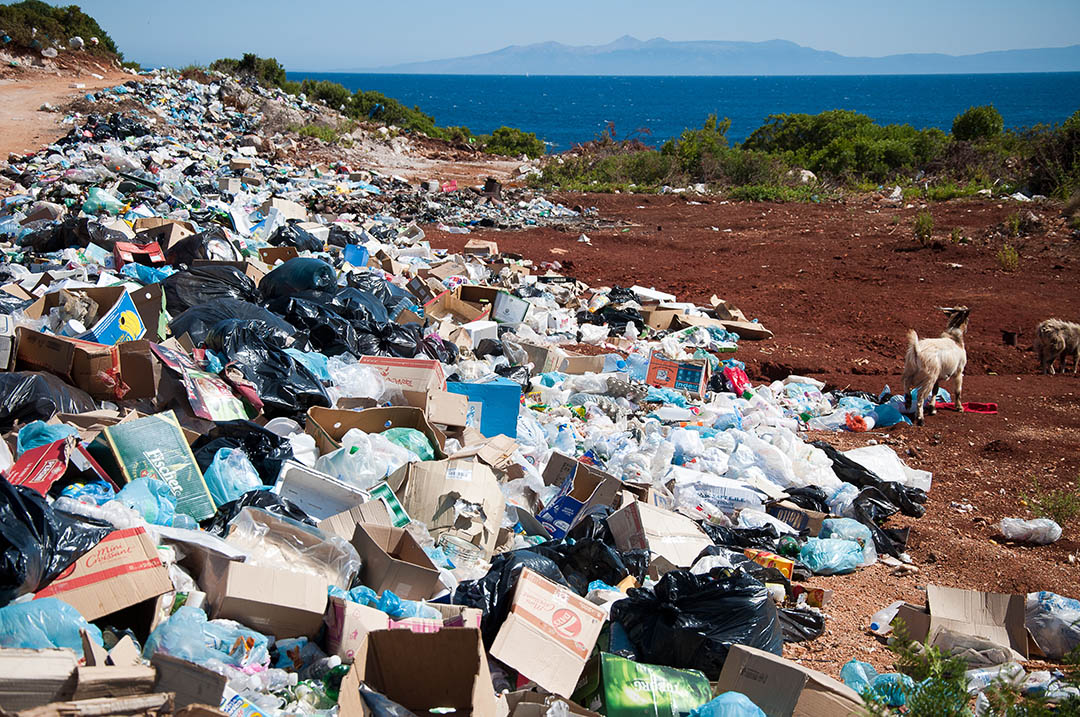The Organisation for Economic Co-operation and Development (OECD) has published a report providing insights into the potential environmental benefits and economic consequences of different levels of ambition directed at ending plastic pollution by 2040. The report models alternative policy scenarios, focusing on curbing production and demand, promoting eco-design, enhancing recycling, and closing leakage pathways, among other areas for action.
Titled, ‘Policy Scenarios for Eliminating Plastic Pollution by 2040,’ the report finds that global policies that address the entire plastics lifecycle can reduce plastic leakage into the environment by 96% by 2040. Without stronger policies, however, plastics production and use are projected to increase by 70%, from 435 million tonnes (Mt) in 2020 to 736 Mt in 2040. Under this scenario, only 6% of plastics would be coming from recycled sources, mismanaged plastic waste would increase by 50%, and leakage of mismanaged plastics into the environment would rise by 40%.
Thus, the report concludes that business-as-usual is unsustainable. It estimates that partial measures, such as those focused on enhancing waste management alone, – or global action with broad policy coverage but low policy stringency, – are equally likely to fall short of eliminating plastic pollution. It finds that “[t]he implementation of stringent policies along the plastics lifecycle in all countries… can prevent growth in primary plastics production from 2020 levels and nearly end plastic leakage to the environment by 2040.”
While global ambition has modest macroeconomic costs overall, the report flags that these costs are unevenly distributed across regions. It warns that significant technical, economic, and governance barriers would need to be addressed to implement an ambitious whole-of-lifecycle approach globally.
The report identifies the need to mobilize “significant” financial resources and strengthen international cooperation to end plastic leakage. It also acknowledges that while eliminating plastic leakage is critical, other plastic pollution aspects, such as microplastic pollution and chemicals of concern, call for additional interventions.
Emphasizing the role ambitious whole-of-lifecycle policies play in reducing plastic pollution by 2040, OECD Environment Director Jo Tyndall said “[t]his approach not only improves waste collection, treatment and recycling, but also reduces plastic production and demand, and promotes circular design.”
The report was published on 2 October 2024, ahead of the last round of talks to develop an international legally binding instrument (ILBI) on plastic pollution, including in the marine environment. The fifth session of the Intergovernmental Negotiating Committee (INC-5) is scheduled to convene from 25 November to 1 December 2024 in Busan, Republic of Korea. [Publication: Policy Scenarios for Eliminating Plastic Pollution by 2040] [Report Summary] [Key Findings] [OECD Press Release]

